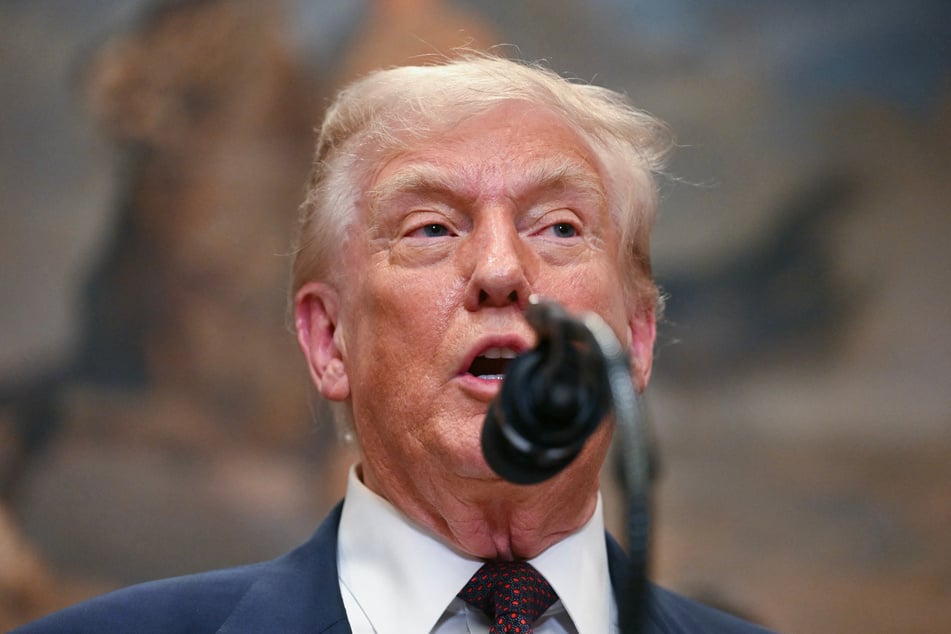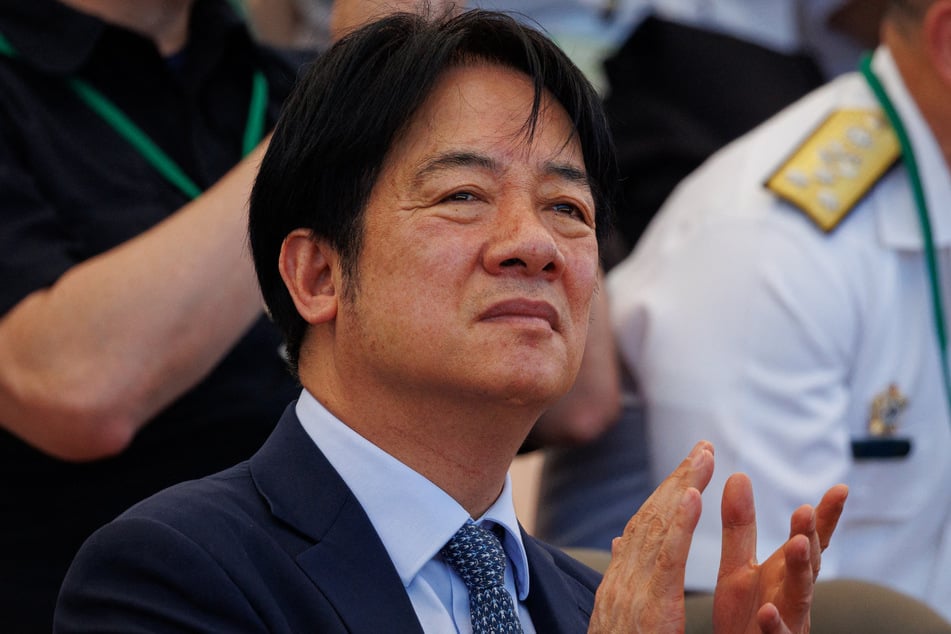Taiwan vows to seek lower tariff after Trump's imposes "temporary" levy
Taipei, Taiwan - Taiwan vowed on Friday to seek a lower tariff after Donald Trump imposed a "temporary" 20% levy on its shipments to the US as part of his trade war.

The US president's announcement was part of a sweep of measures – reaching 41% – against dozens of global partners as they scrambled for deals with Washington to avert the painful tolls.
The figure is down from the 32% toll imposed in his April 2 "Liberation Day." Since then, Taipei and Washington have held four rounds of face-to-face talks and multiple video conferences to resolve the issue.
On Friday, Taiwan President Lai Ching-te said on Facebook they were still working to strike an agreement.
"The US has announced a temporary 20% tariff for Taiwan, with the possibility of further reductions should an agreement be reached," he wrote.
"The government will continue to strive for a reasonable tariff rate and complete the final stages of the tariff negotiations."
While Trump had set Friday as the deadline for agreements to be made, he delayed it until the end of next week.
No timeline was given for Taiwan, which could mean the island was caught in the middle of US-China trade negotiations, said Alicia Garcia-Herrero, chief economist for Asia Pacific at Natixis.
Washington and Beijing held two days of talks this week aimed at reaching a deal to extend a truce in their trade war and prevent the reimposition of sky-high tariffs on August 12.
"The conditions on Taiwan might be relevant for China, imagine export controls," Garcia-Herrero told AFP.
After US tech giant Nvidia announced it will resume sales of its H20 AI chips to China, Garcia-Herrero said "there could be other stuff that China needs from Taiwan that the US can offer."
Taiwan exports significant amount of AI-related technology to the US

Taiwan is a global powerhouse in chip manufacturing, with more than half the world's semiconductors and nearly all of the high-end ones made there.
The owner of a Taiwanese machinery exporter to the US said he was worried that lower tariff rates on Japan and South Korea – 15% – would advantage his competitors there.
He told AFP the recent appreciation in the Taiwan dollar against the greenback had also "put a lot of pressure on us, creating a double whammy."
The uncertainty over tariffs was hurting US sales, said textile producer Eddie Wang, with clients "feeling overwhelmed" and reluctant to place orders.
Soaring demand for AI-related technology has fueled Taiwan's trade surplus with the US – and put it in Trump's crosshairs.
Around 60% of Taiwan's exports to the US are information and communications technology, which includes chips.
In a bid to avoid the tariffs, Taipei has pledged to increase investment in the US, buy more of its energy, and increase its own defense spending.
Economist Sun Ming-te said the 20% levy was "probably the best outcome Taiwan can achieve with the US under the current conditions."
"This is the ceiling, and it can go lower in the future," Sun, from the Taiwan Institute of Economic Research, told AFP.
Cover photo: Collage: Yu Chen CHENG / AFP & Jim WATSON / AFP
